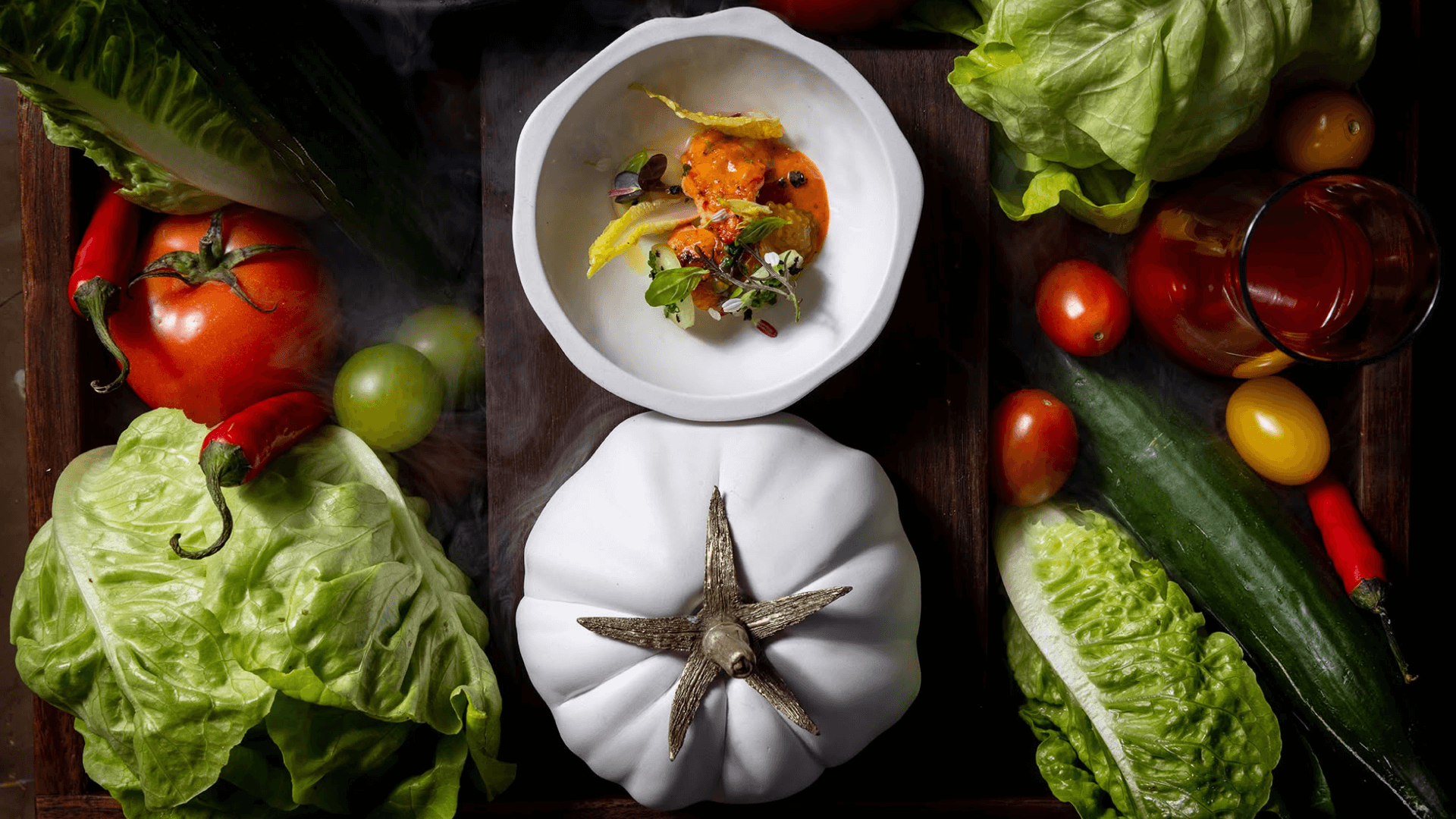Authenticity is more than a buzzword; it’s the cornerstone of a restaurant’s identity. It defines the experience, builds trust, and sets a business apart.
Brand promise
When a restaurant claims to specialise in serving traditional Japanese cuisine, for example, the flavours, ingredients, service and presentation need to reflect that culture and heritage, not just the décor and chopsticks. One trip to Japan should not qualify a chef to open a Japanese restaurant and hope to be considered authentic.
Compare that to the globally iconic, gold-Plated FYN in Cape Town. Here, the understanding of every nuance of Japanese culture is reflected in the interior, drinks, cuisine and service. Replicating techniques but using local produce is authentic, but overall, the experience still needs to feel Japanese.
When diners feel that a restaurant genuinely represents a culture, region or culinary philosophy, they’re more likely to become repeat customers. Trust leads to loyalty, and loyalty is the foundation of long-term success.
All senses
A genuine restaurant creates an immersive experience. When a customer walks into an Italian trattoria and is greeted by warm hospitality (preferably a hearty “Ciao”) and the aroma of fresh basil and tomatoes, they want to feel as if they are in Italy! So much of an Italian experience is rooted in embracing hospitality, and it needs to feel genuine. Diners may not only remember what they ate, but how they felt.
Authentic restaurants create stories and memories that guests carry with them, and that emotional resonance keeps people coming back.
Equally, inauthenticity is easy to spot. Diners notice when the menu feels performative or the cultural references are superficial. Overpromising and underdelivering can break trust, and trust, once lost, is hard to earn back.
Substance over style
Authentic restaurants often reflect deep-seated traditions and prepare their dishes using family recipes passed down through generations. Honouring these culinary histories shows respect not only for food, but also for the communities they come from. It educates diners, broadens horizons and creates a more inclusive food culture.
In a world that often celebrates trends over traditions, staying true to one’s culinary roots is a powerful statement. A Mexican taqueria using heirloom corn, or a Thai restaurant crafting its own curry pastes and sauces from scratch rather than using store-bought shortcuts, shows commitment to authenticity – and that resonates with diners who value substance over style. In an industry saturated with copycats and franchises, authenticity is a strong differentiator.
Being authentic doesn’t mean refusing to innovate; it means knowing who you are and building your brand around that identity. An authentic concept is harder to replicate, and that uniqueness becomes a powerful marketing tool. When your restaurant offers something genuinely different and true to its roots, word of mouth spreads faster, and your story becomes your strongest asset.
Genuine storytelling
Chef Peter Duncan of three-Plated La Petite Colombe in Franschhoek is a passionate, talented chef who has dug deeply into his roots to share personal family stories. His “viskop” chowder dish is an ode to his father and their family fishing business, also reflecting the influence of his travels to Spain. His peach dessert illustrates his mother’s rise to management from working on the floor of a fruit canning factory. As you lift the peach tin to reveal a showstopper dessert, he regales the tale with authenticity. You leave feeling like you have met his family.
Heart of success
Authenticity is the secret sauce that fosters connection, builds loyalty and drives long-term success. Diners are no longer just looking for a meal; they’re searching for meaning. They want to know the story behind the dish, the passion behind the people, and the culture behind the cuisine. A restaurant that embraces authenticity doesn’t just serve food – it offers an experience grounded in truth, integrity and respect. Diners will taste, remember – and return.
Ask yourself: does your restaurant tell an honest story that only you can tell? That might just be your most powerful differentiator.



0 Comments